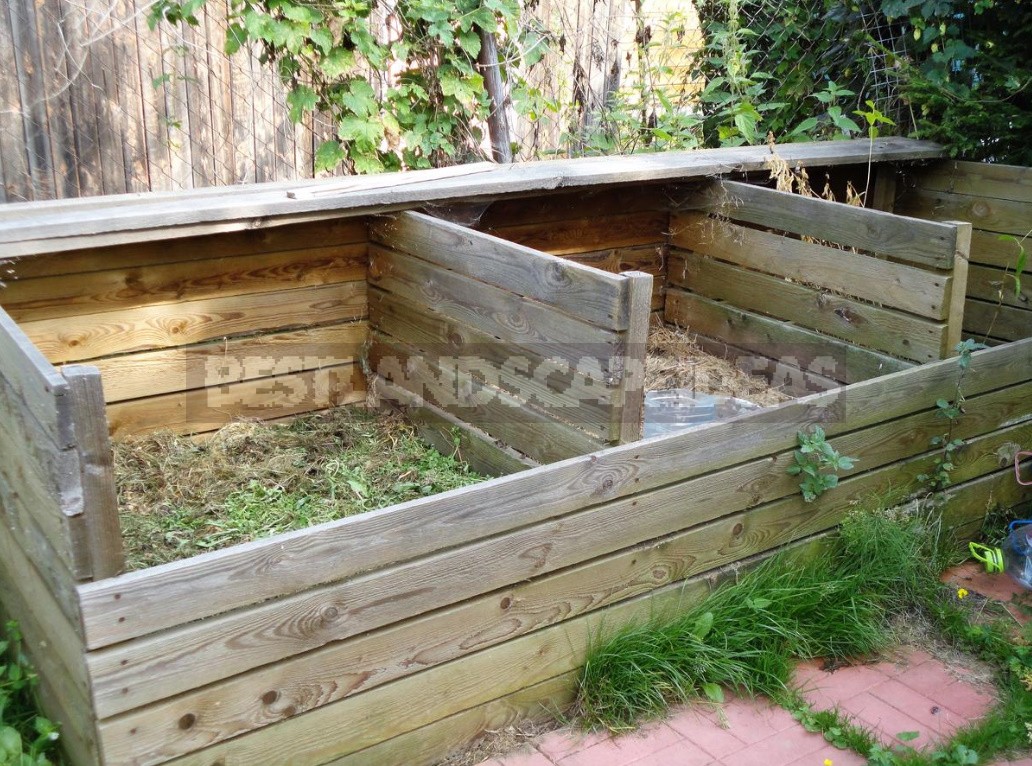
Optimal size
The length and width of the box are dictated by several conditions. First, the size of the cultivated area, which will produce a certain amount of garden waste (cut grass, weeds, cut flowers, etc.), multiplied by your diligence in maintaining order. The second condition is the number of people who will use the garden.
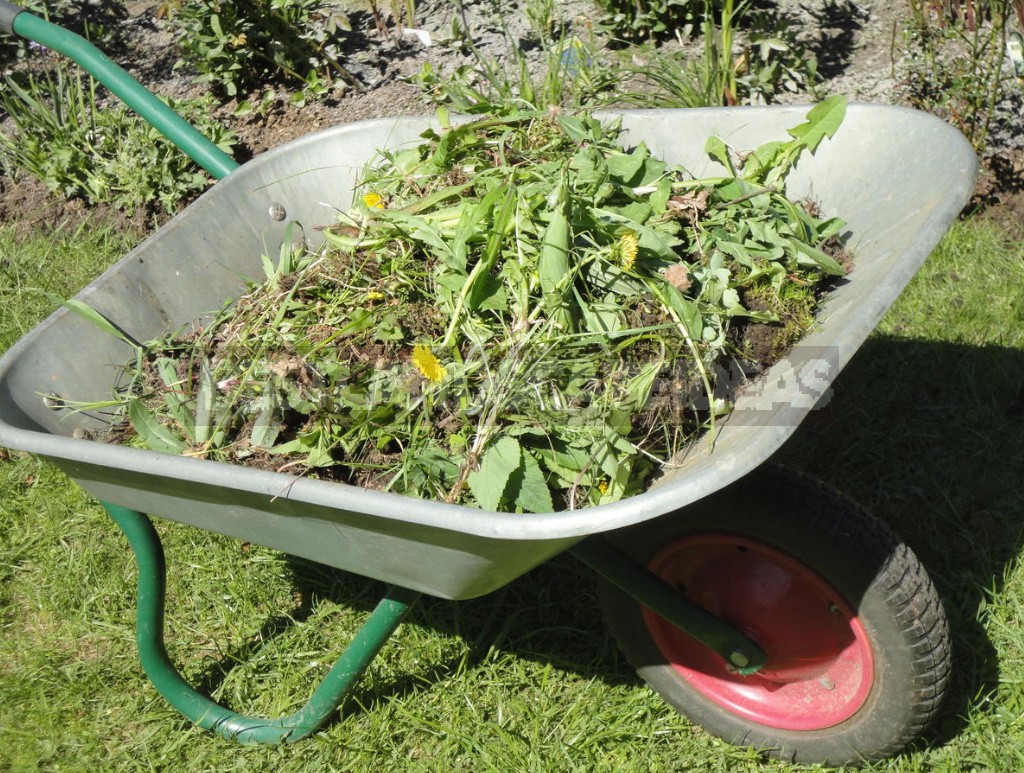
One is a retired grandmother with a grandson, quite another-a large family that loves to also receive guests. The amount of kitchen waste depends on it. And thirdly, it is important how much time you plan to spend in the country-the whole summer season or to visit only on weekends. Considering all these factors, you should design your compost box.
An invariable constant is only its height, which should be no more than 1.5 m, better 1.0-1.2 m. at a higher height, the processes of composting are slowed down.
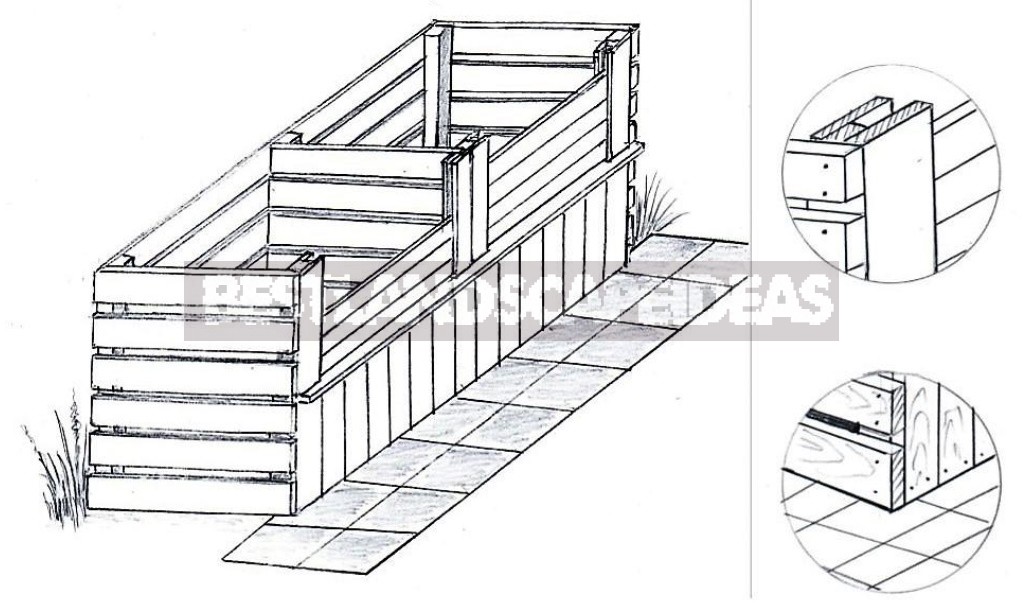
Be sure to divide the inner space of the box into at least 2 compartments, this is due to the technological cycle of compost production. Experience has shown, that and 3 th compartment not will plus, there can be conveniently and neatly to store ready compost in bags. An example of such a box you can see in the photos at the beginning of this article.
Even the most beautiful and lovingly made like the rules of the box, but having only 1 compartment, will be inconvenient construction. Compost from there you will be able to get only in 2 years when it will be finally ready. A two-section option allows you to get ready fertilizer annually in a continuous cycle.
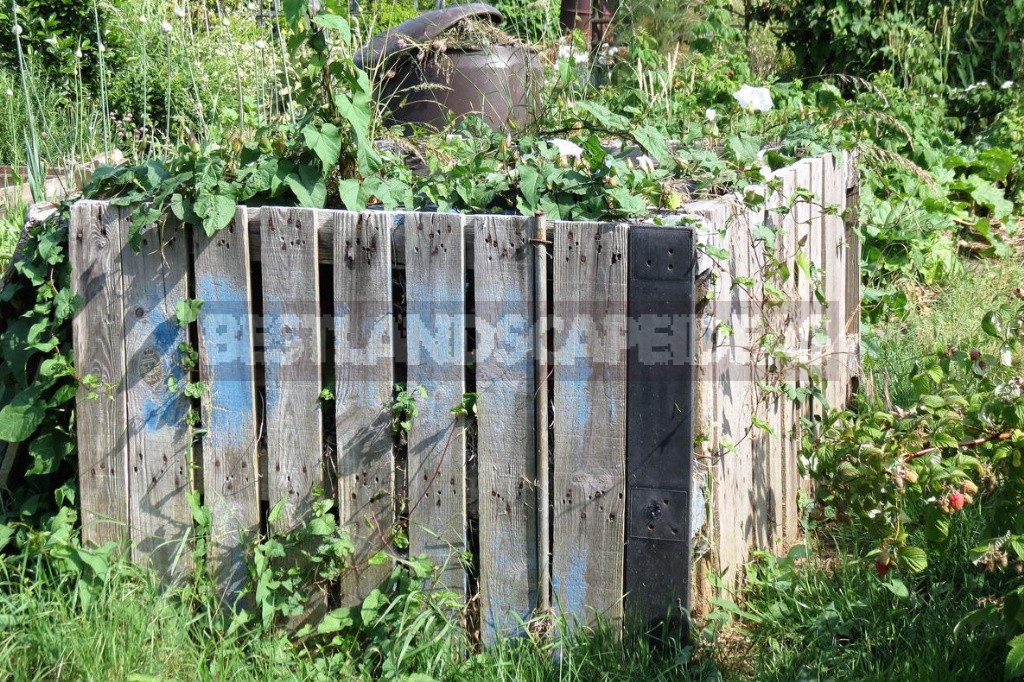
Cyclical use of compartments
In the first year you fill one of the compartments, the second remains empty. In the spring of the following year, as soon as last year’s compost thaws, you throw the top, which has not yet had time to ripen since autumn, into an empty neighboring compartment at the bottom. Throughout the summer, you continue to put compostable materials already there.
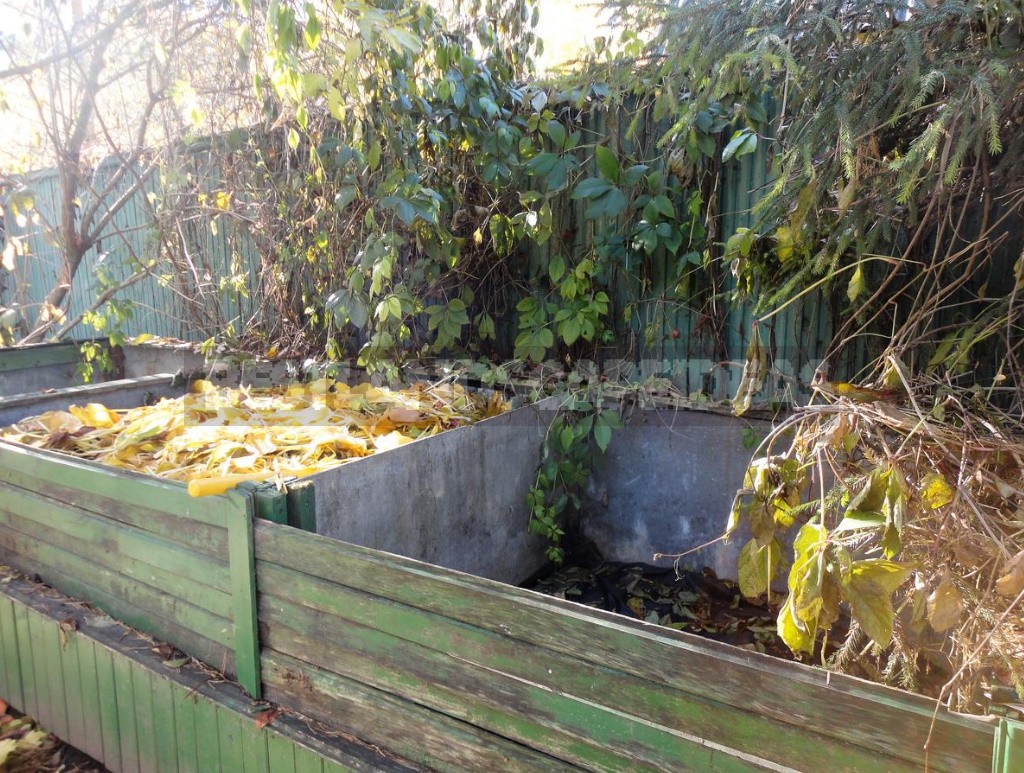
And the finished black, well-structured substrate, where there is not even a hint of what it was made of (this is about half of the first compartment), is used in the garden, gradually dismantling and freeing the compartment. If in the spring you do not have time to choose all the compost from the first box and spread on the site (it was more than required), do not be lazy to put in bags stocks-they will be useful to you in the autumn.
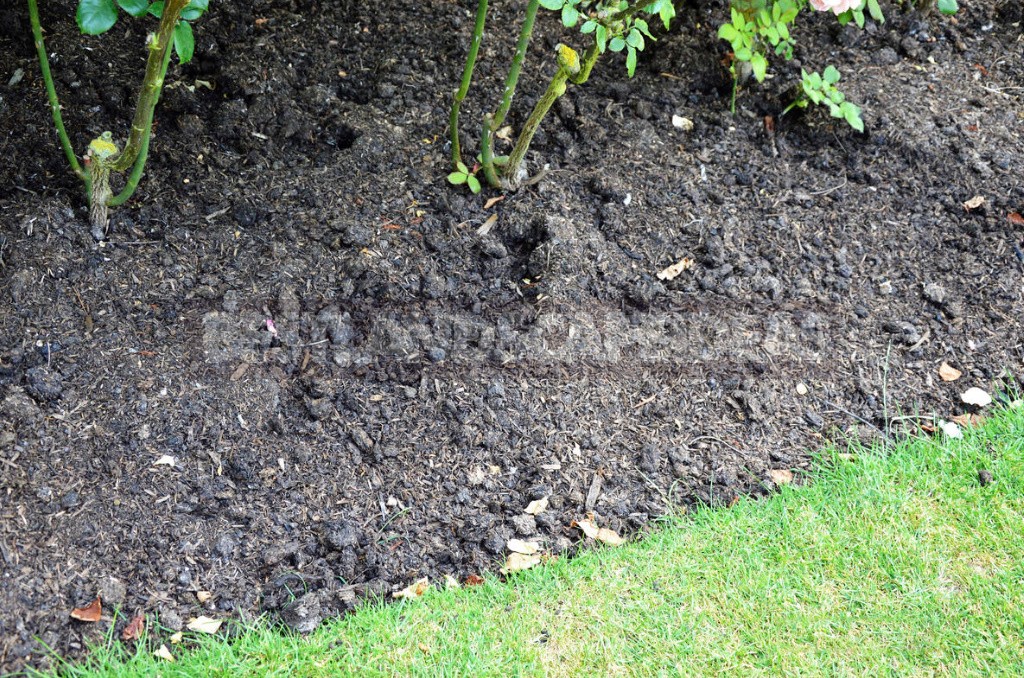
Truth, I have such situations virtually not case. I will always find a use for compost – both in spring planting and mulching, of which I am an ardent admirer and advocate this method of organic farming everywhere. Next spring, it all happens again.
Important nuances of composting
All components of the compost are laid as evenly as possible in horizontal layers. From time to time they are layered with manure – a kind of yeast composting. Put loose, in any case do not tamper, so as not to interfere with the access of air and the work of aerobic bacteria, which are responsible for the process.
It is impossible to allow drying of this mass, from time to time it is necessary to spill water from a hose, especially in the dry period. But the contents of the box should not be waterlogged, leak and slurp – in such conditions, the bacteria involved in the processing of organic matter, just die.
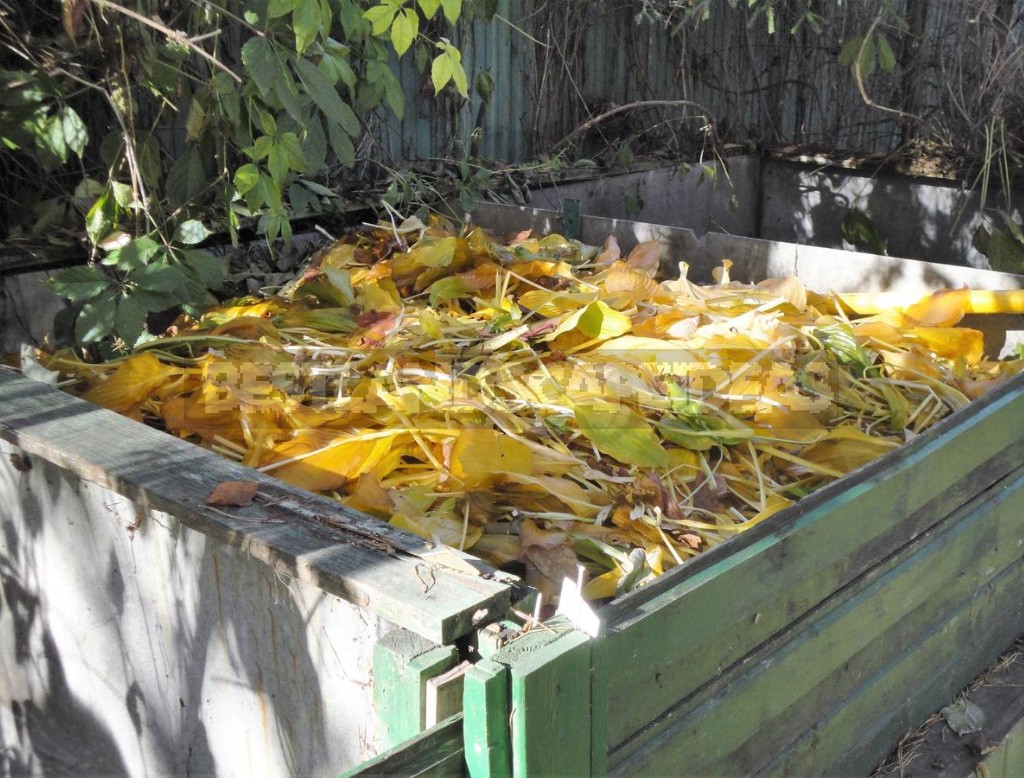
A few times per season is helpful to shed future compost EM-preparations (the abbreviation means effective micro-organisms). These are the same bacteria, but in a concentrated form. It would be wrong to pour the entire vial into the box at once, sprinkling the contents of the compost mass. A standard half-liter bottle is previously divided into 5 buckets of water (100 ml of the product) and added to each 100 g of candied jam. It is jam, not pure sugar! These are the requirements of modern EM technologies. Sweet additive is needed to bacteria “woke up” and were ready to start their work.
Buckets with the prepared solution should stand for several hours, and then the liquid is poured on the compost, as evenly as possible. The method has proved its effectiveness-the ripening of the fertilizer is accelerated several times.
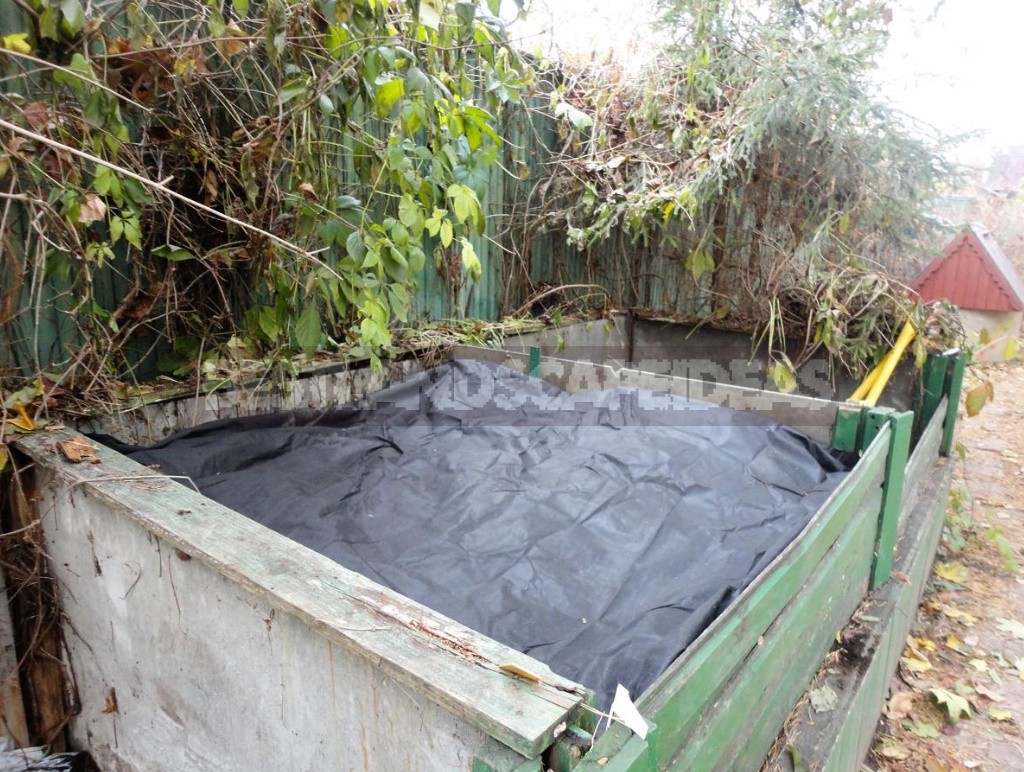
For the winter, the compost must be covered — this will allow to maintain a certain temperature in the pile and for some time to prolong the process of composting. Also, the shelter will prevent contamination of valuable fertilizer with ripe weed seeds, which are carried by the wind in the autumn.
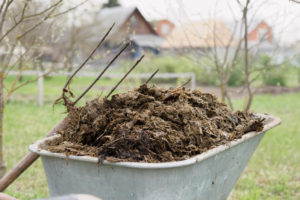
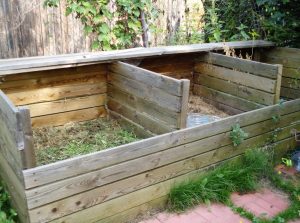
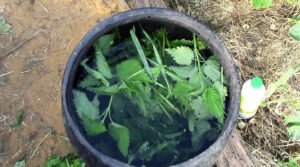
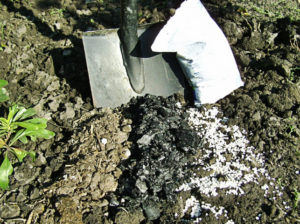
Leave a Reply